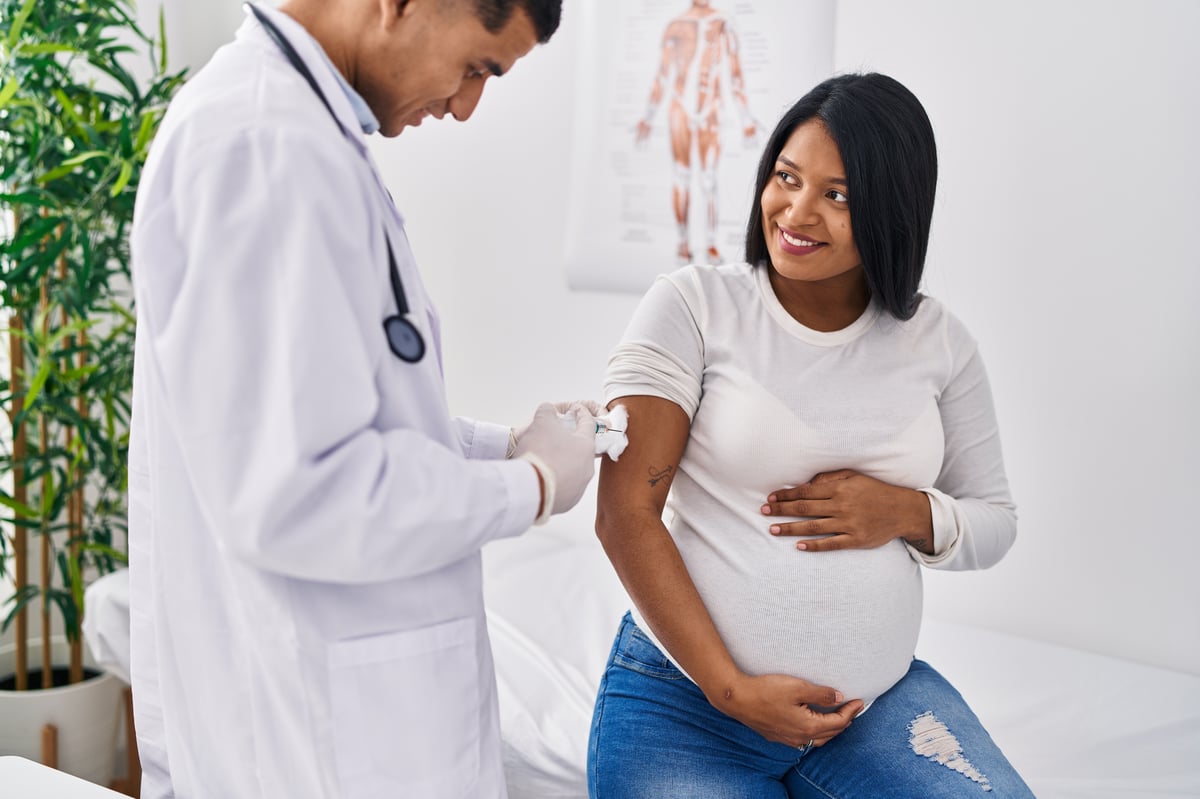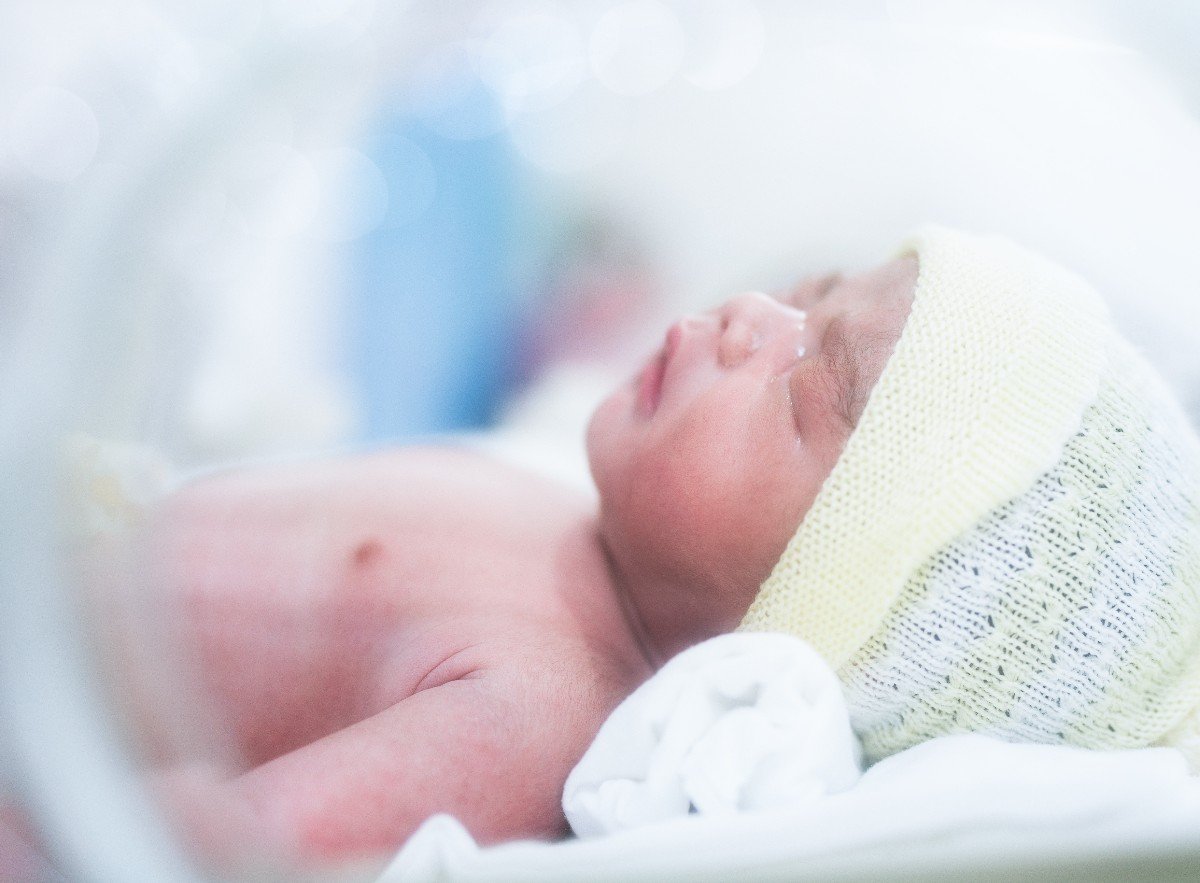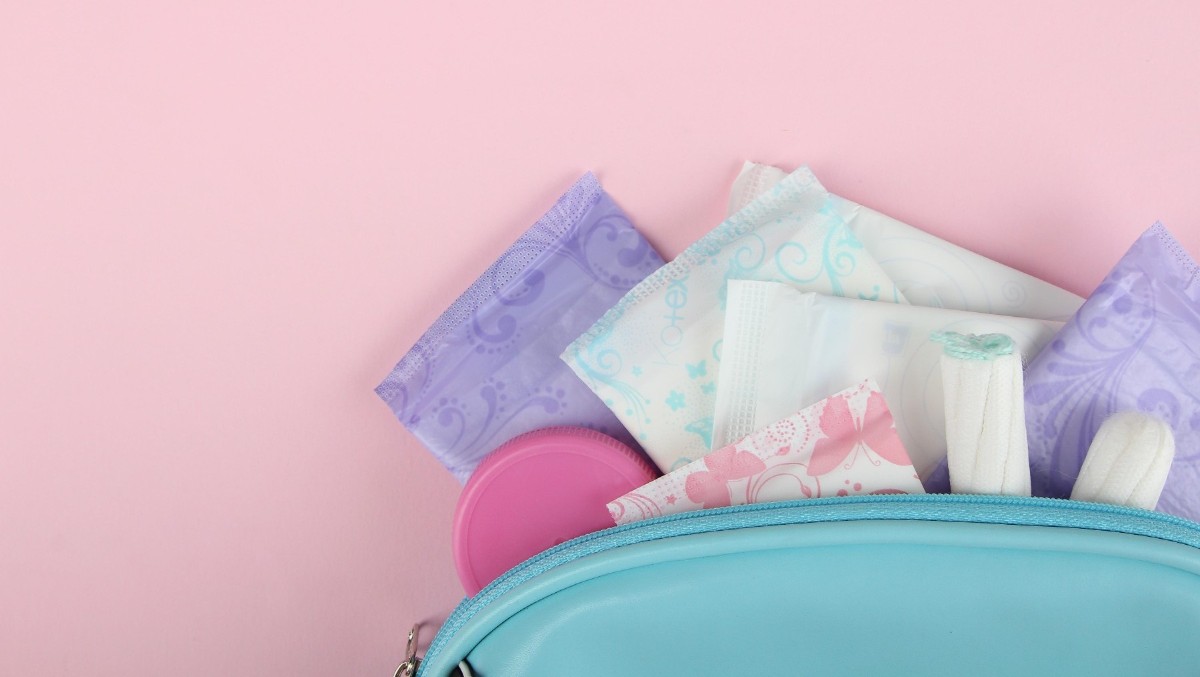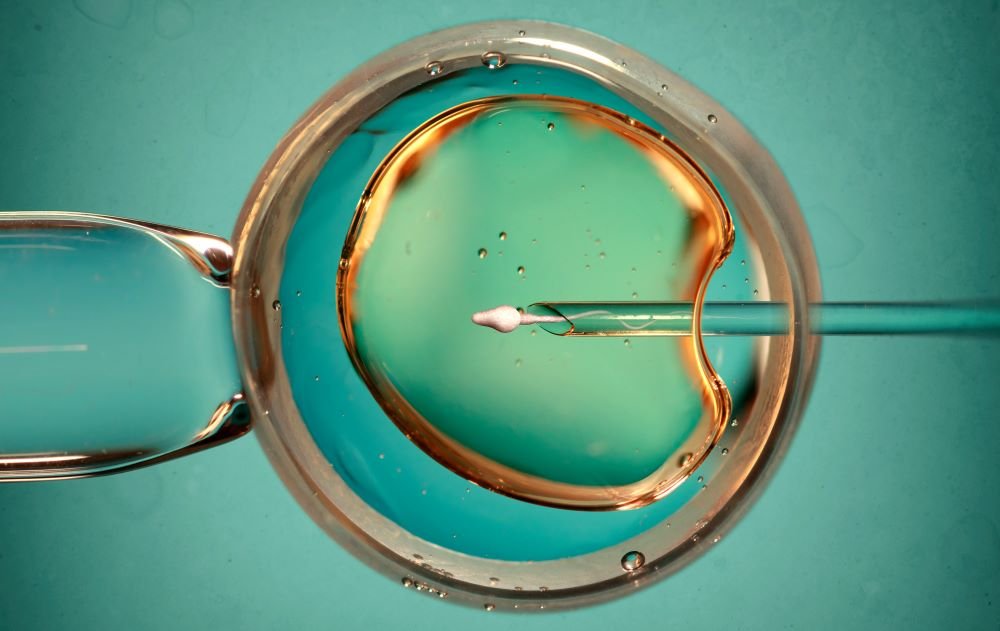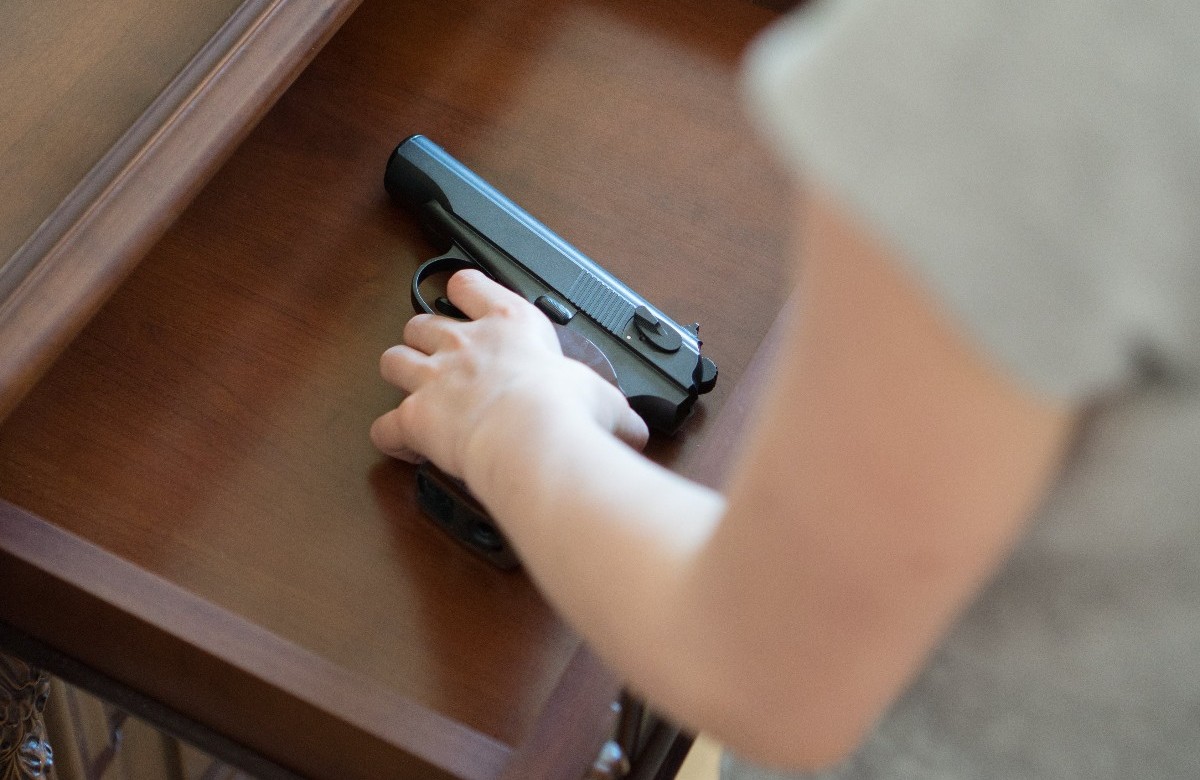
Restrictive gun laws can decrease suicide rates among children and teenagers, but they don’t seem to lower their risk of being murdered, a new study says. States with laws requiring safe storage of firearms and mandatory waiting periods had lower suicide death rates among kids younger than 18, researchers report. However, no gun laws appeared… read on > read on >














